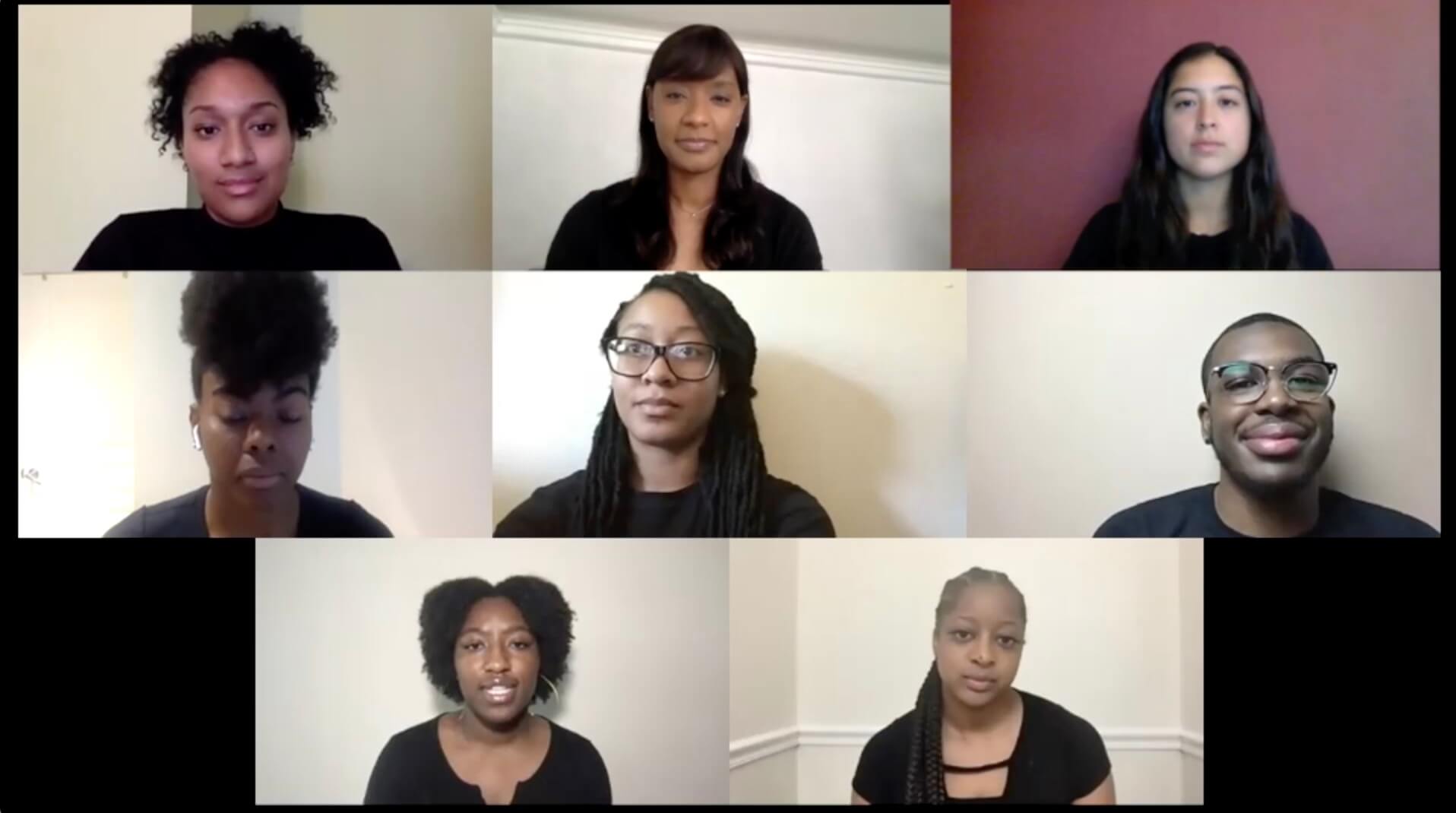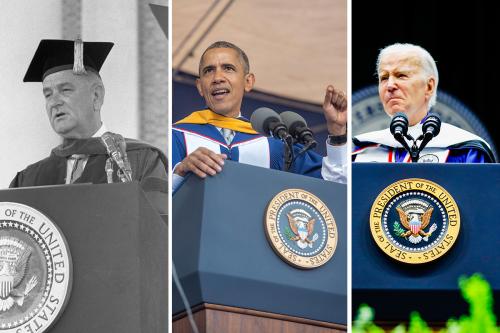
WASHINGTON - Howard University Professor Tyish S. Hall Brown, Ph.D., MHS, a clinical psychologist and director of the School-Based Behavioral Health Program in the Howard University College of Medicine, along with a team of clinicians and students in the program, have completed a short video offering ways to deal with microaggressions. Watch the video here.
A microaggression is a comment or action that subtly and often unconsciously or unintentionally expresses a prejudiced attitude toward a member of a marginalized group, such as a racial minority. Microaggressions can inflict psychological wounds that accumulate over time. Repeated exposures to microaggressions can negatively impact a person’s mental health and overall wellness.
“Tough conversations about race are inevitable given the challenges that we face as a nation,” says Dr. Hall Brown. “It is important approach these conversations as teachable moments where individuals can share their perspectives. The video serves as a conversation starter on this topic.”
The School-Based Behavioral Health Program provides information to parents, teens, health professionals through Instagram and YouTube. In July, the program focused on social justice and wellness topics as well as ways to support student athlete health and wellness during the summer of COVID-19.
One effective method for allies of people of color to use is the "Pause & Reflect" strategy, which involves people taking a moment to reflect on what they’re about to say.
Original statements
“You’re the whitest, black person I know”
“When I look at you I don’t see color”
“You only got in because your Latina”
“You speak so eloquently”
“Don’t worry about it, you can handle it”
“Wow, your hair grows fast”
“Why are you so angry?”
“You have to be mixed with something”
According to Dr. Hall Brown, these statements are common microaggressions that are experienced by people of color on a regular basis. At the core of each statement an individual’s identity, worth, beauty, and intelligence are challenged.
“We asked ourselves, if we could rewind time, individuals should ask themselves, ‘How could I have worded each statement differently to erase the negative undertone and provide the intended compliment or words of support?,’” said Hall Brown.
Reworded Statements after the "Pause & Reflect" Strategy
“There are so many things that I like about you”
“I understand that your experience is different from mine”
“Great job, congratulations!”
“I like the statement you just made”
“What are your concerns, how can I help”
“Wow, your hair looks nice”
“I hear you”
“You are beautiful”
For more tips on how to support your child’s mental health, visit the Howard University’s School Based Behavioral Health Program Instagram page @husbbhp. See a list of online resources below.
Microaggression - https://youtu.be/nsxN9CUygP8
Wellness & Social Justice - https://youtu.be/v-S-IpKPXbE
Understanding Grief - https://youtu.be/SliT8Ezjr_o
Adolescent Sleep During COVID-19 - https://youtu.be/qJhOvs8SZXY
Five Senses - https://youtu.be/RL5hg8Oi6fY
ABOUT HOWARD
Founded in 1867, Howard University is a private, research university that is comprised of 13 schools and colleges. Students pursue studies in more than 120 areas leading to undergraduate, graduate and professional degrees. Over the last 20 years, the University has produced four Rhodes Scholars, 10 Truman Scholars, two Marshall Scholars, over 80 Fulbright recipients, 22 Pickering Fellows and one Schwarzman Scholar. Howard also produces more on-campus African-American Ph.D. recipients than any other university in the United States. For more information on Howard University, call 202-238-2330, or visit the University’s website at www.howard.edu.
# # #
Media contact: Sholnn Freeman, Office of University Communications, sholnn.freeman@howard.edu




